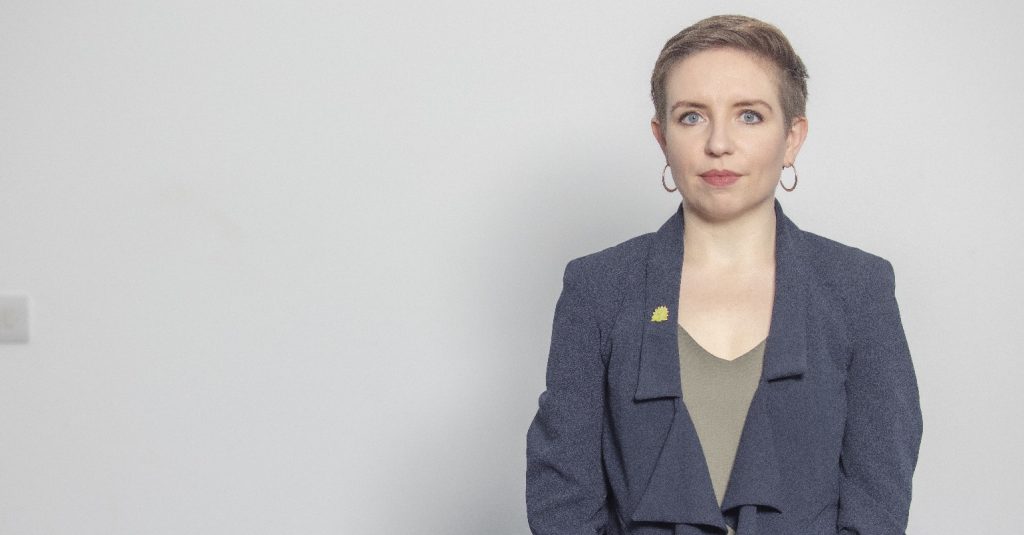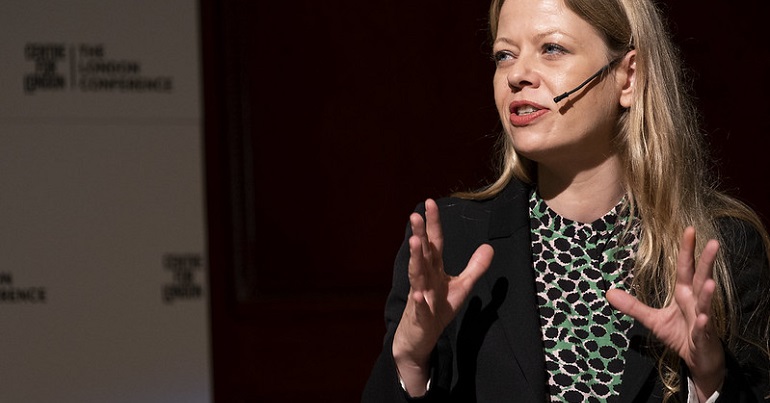Finding a sense of place: community, art and the UK riots.
What is it that makes a community? We talk a lot about communities in political discourse but to what do we actually refer when we use the term?
After the riots across England recently we heard a lot of commentators from the left and the right talk about how the rioters had turned on their own communities. For the right this was evidence of the ‘mindelssness’ of their action; they couldn’t possibly be political because instead of making demands of government they were simply ‘terrorising’ their own communities. For the left this was evidence instead o their alienation; they had no way to make their voices heard and were lashing out undirectedly. And, of course, the unrest only happened in deprived communities, places where there was unemployment and where essential services were being cut. There were no riots in Chelsea or Knightsbirdge.
But both those narratives are too simplistic, too generalising, too eager to fit the story to their own conceptions. Because these rioters didn’t turn on their own communities. Community is about much more than a shared geography, it requires shared experience, shared culture, shared hopes and prospects.
Writing on Open Democracy last week Owen Hatherley remarked that where the riots occurred are not places of total poverty — London is not Paris, with its segregated and excluded banlieue — but places where wealth and poverty rub against one and other, where multiple communities exist simultaneously — often where the dominant, gentrified middle class are oblivious to the existence of anything else, detached from any sense of place and ignoring the poverty they help to perpetuate around them.
The vast majority of those charged following the riots are under 25, 90% of them unemployed. Are they really part of the same community as a middle aged small business owner? Do they share the same culture and face the same future? Are Footlocker and Ladbrokes really part of anyone’s community? Does Anyone feel pride in their local Currys or Tesco?
But Owen was wrong about one point. Edinburgh doesn’t wall off its poor in Muirhouse or Leith. Well, certainly not in Leith. Because Leith must surely be an archetypal example of the mix of wealth and poverty that Owen describes. A place that can boast the best restaurants in the city, and the red light district and scrapyards, gentrified, converted flats and unconverted 60s tower blocks, traditional pubs full of men who still work at the docks, and modern bars with designers who work on converted barges.
I love the contrasts in Leith, and love living here, but how do I find a sense of community amongst it all? I have no historical or family connection — in any recent past at least — I work 5 miles across the city at the university, most of my friends live in other areas and live much of my generation I seem to move flat at least once a year. In such circumstances it’s all to easy to disconnect, to find one or two pubs and cafes and shops you like and discount the rest, ignore your neighbours save for a passing nod in the stairwell because you’ll never have time to get to know them anyway and find community not in locality but work and politics.
Last week I visited the Fruitmarket Gallery for a detour by the comedian Josie Long in response to the latest collection of works by the American artist Ingrid Calame. It’s a brilliant exhibition that takes the most minute details of modern urbanity and reinvents them as works of abstract beauty. (Ingrid traces the patterns around us most of us ignore, the pebbles and scrapes and scuffs on a car park or factory floor, or the bottom of the LA river, and fills them with the most vibrant colour in pencil and oil and enamel.)
What struck me more than the artwork itself, however, was Josie’s commentary that accompanied it. What is best in Ingrid’s work is the way it forces us to re-examine the environment in which we live, to break out of the fixed routines we construct for ourselves and see our cities afresh. And, as Josie told us, it’s something we can, and should, take with us into our everyday experience.
Take a deliberate wrong turning on the way to work, go into the cafe you wrote off for no reason for lunch, go running in a part of town you don’t know and watch the city rush up to you unexpectedly before you can fit it into your pre-exisiting categories. Because it is only by violently forcing ourselves to confront our relation to our surroundings that we can begin to understand them and see outside of the structures we have created to enclose our existence. And by which we can start to interact across the different communities that overlay our localities.



I’m definitely not saying that we should ignore the issues, or that geographical communities aren’t relevant, it’s just that we need to find new ways of organising those communities – preferably ones that don’t rely too heavily on nuclear families to hold them together.
I don’t have the answers, but at the moment I’d settle for having a better idea of what the questions are.
There’s a lot to think about here, particularly for me as another Leith resident, because it raises questions about my own lifestyle. How do we turn living in that area into anything other than an extended form of poverty tourism? It’s a difficult question, and one which is making me genuinely uncomfortable.
We’re obviously part of the problem, but for all our privilege, there are barriers preventing us from getting more engaged. I’m starting to wonder if the traditional image of a geographical community is part of the problem too. As younger adults with no children, mostly single, and no relatives living locally, there isn’t an established role for us in a community, and the networks we build amongst ourselves aren’t recognised as genuine communities by other people. Society doesn’t fit the same mould as it did a hundred years ago, and communities have to evolve as well, otherwise more and more people will be excluded.
This isn’t so much about placing blame for social problems, but about looking for a solution. It’s all very well saying that we should join in, but it’s a lot more difficult to figure out how.
It is difficult to see an answer to these questions. I certainly don’t think I can offer one, but I think it is an issue that deserves more attention.
I agree that community has changed a lot over the last century, but I don’t think we can ignore the need to find ways to rebuild a sense of local community. Any genuinely democratic polity requires some form of geographic organisation, at a human scale. And for that to be successful and be able to engage with everyone who lives in the area there has to be some sense of shared experience. I think there’s a real need for us to create new spaces for democratic engagement, to find new ways to connect people with where thy live and the people with whom they share that space. I’m still trying to think about how you achieve that, though.